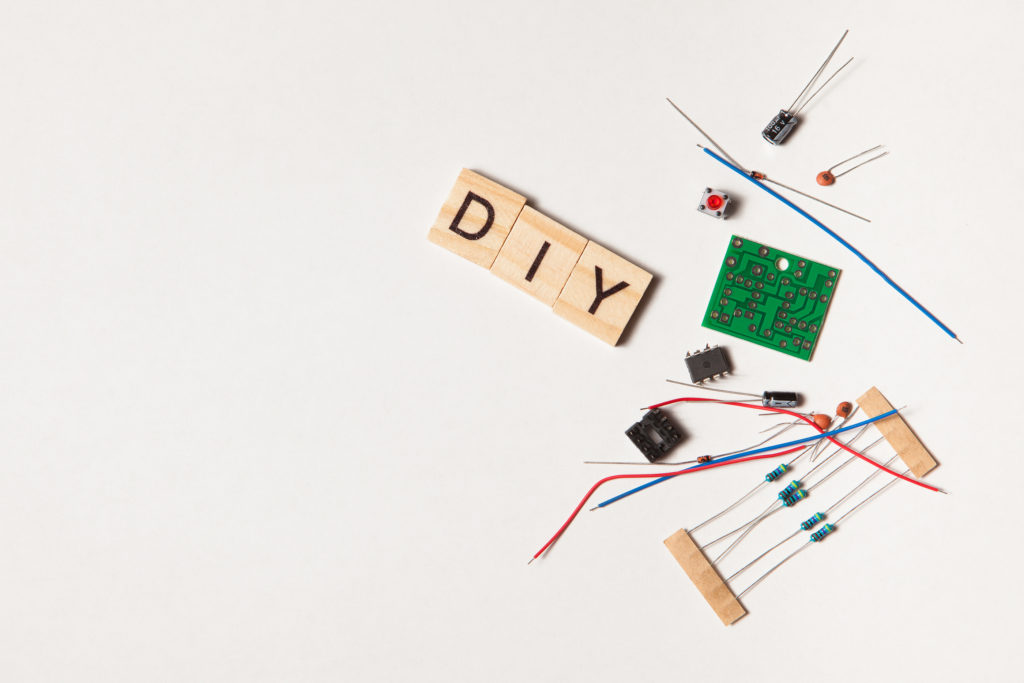It’s National Week of Making! (May 17-23, 2021)

What is a “maker”?
A “maker” is someone who creates their own technology to solve problems. However, makers aren’t limited to technologists — they can also be artists, designers, and scientists. Over the years, makers have been behind a growing movement called the “maker movement.” While people in the maker movement have very different skill sets, they are all committed to creating DIY solutions.
What is the National Week of Making?
The National Week of Making is one week in May dedicated to celebrating makers throughout the world.
The National Week of Making takes place this year on May 17-23, and will “highlight the diversity of Makers big and small, young and old, urban and rural,” according to its website.
Makers are encouraged to join in on Making activities in their local communities, think up solutions and new products that can solve current problems, and learn new STEM skills.
How can educators celebrate National Week of Making?
Kids love to learn — and the way they learn best is through making.
A great way to celebrate National Week of Making is to turn your classroom into a “makerspace.”
Give your students plenty of DIY materials — such as cardboard, tape, wool, glue, electronics, or anything they may find around the classroom or in their homes — and ask them to design a product, tool, or craft that can solve a real-world problem. This can be a problem they’ve seen on the news or one they’ve noticed in their own home or community.
Students can work alone or in teams.
This type of assignment is also known as “project-based learning,” an inquiry-based teaching style where students solve problems using real-world scenarios. As we’ve discussed in a previous post, project-based learning has been proven to increase students’ learning.
Explore IEEE Try Engineering’s database of lesson plans to teach engineering concepts to your students, aged 4 to 18. Explore areas such as lasers, LED lights, flight, smart buildings, and more through our activities. All lesson plans are provided by teachers like you and are peer-reviewed.













